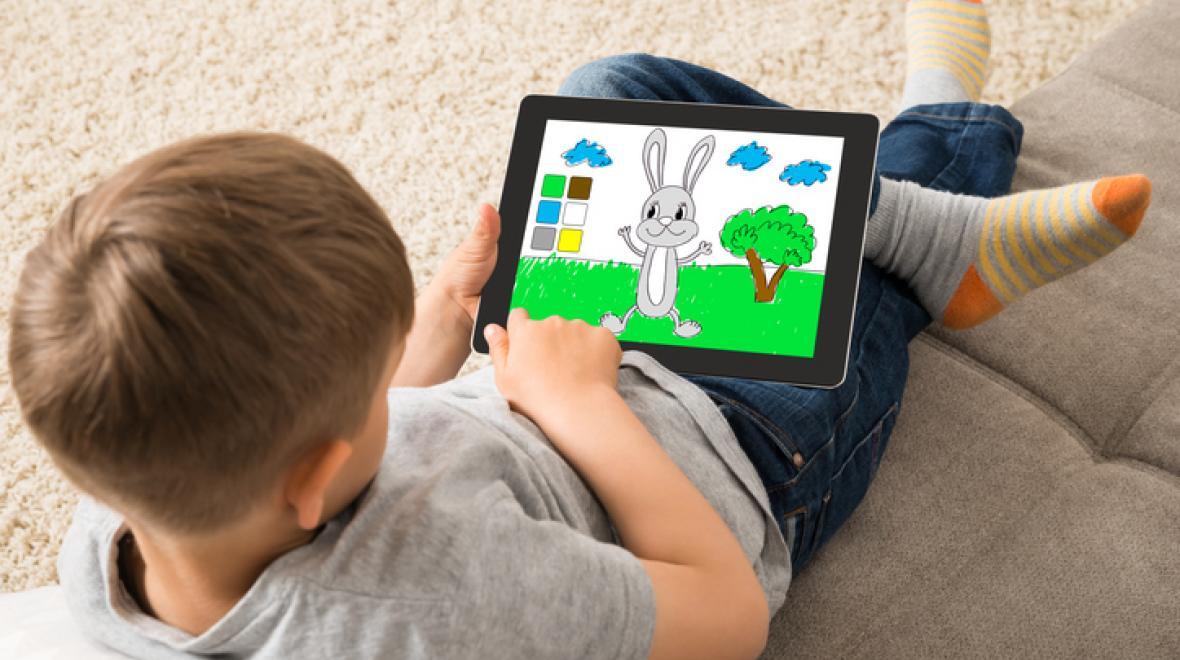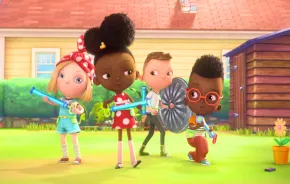
Parents, rejoice! New research from the University of Washington (UW) shows that digital fun via apps can be just as beneficial to growing minds as analog toys.
What matters is how the app is designed. Specifically, does it facilitate fun for both parent and child? Does it give your child choices?
By, say, easily allowing multiple users or including specific roles for parents, an app fosters a chance for adults and kids to bond, just like they would over a non-digital toy.
What also matters: Apps that give kids choices.
Those that do help foster a child's sense of autonomy more than an app that sets the rule for them.
To test this, UW assistant professor Alexis Hiniker and her research team designed the app “Coco’s Videos.” They shared it with preschoolers to see what they'd do when presented with different options about watching online videos.
Each child in the study got iPads containing three different versions of "Coco’s Videos” including a pre-planned playlist of videos from YouTube.
One version of the app allowed only one video per session, locking the kids out of watching future videos. The second version prompted the kids to put down the iPad and do another activity. A third immediately auto-played new videos.
The verdict? Kids (and parents) both hate auto-play.
“One thing that came up a lot was how frustrating auto-play was,” Hiniker said, noting that it was almost as if the app developer wanted to attract and hold the child’s attention indefinitely.
App designers have choices, explains Hiniker. They can either use the flash and fun of apps to "hijack kids’ attention or to respect it."
Parents, in turn, also have power: The apps you do (or don't) buy influence which succeed and which don't.











